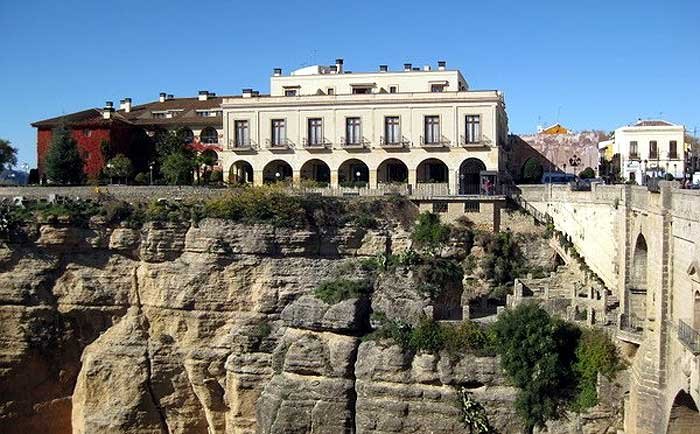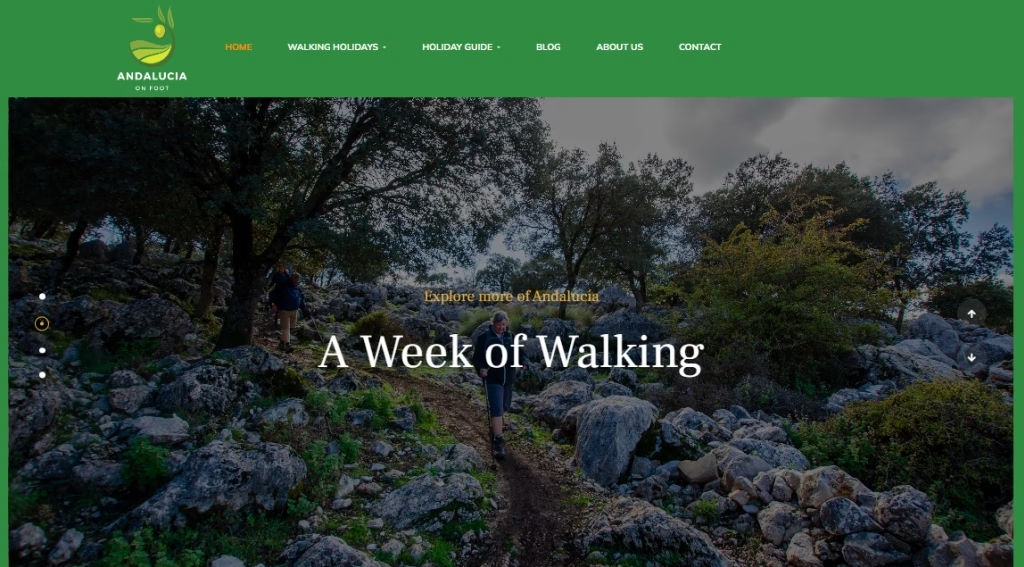Welcome to G3 nature guides in Andalusia, your gateway to ecotourism, nature exploration, and cultural immersion in the stunning landscapes of Andalusia, Spain. Dedicated to providing unique experiences for travelers, nature enthusiasts, and families who seek to connect with the natural world and rural life.
Sierra Nevada Spain Hiking: A Hiker’s Paradise with Local Guides
Discover the natural wonders of the Sierra Nevada, Spain’s magnificent mountain range, with the guidance of professional and enthusiastic local experts. Sierra Nevada Spain Hiking are deeply rooted in this stunning region, and are dedicated to providing an unforgettable experience. With qualified guides who are fluent in English, Spanish, Dutch, German, and French, they are there to immerse you in the beauty of Sierra Nevada’s rugged, wild, and unique landscapes. Guides are fully insured and licensed mountain guides.
The Best Paradors in Natural Parks of Spain
The Best Paradors in Natural Parks of Spain are a collection of state-run hotels that offer a unique and unforgettable experience to their guests. They were founded in 1928 by King Alphonso XIII, who wanted to promote tourism and preserve the country’s cultural heritage. Paradors are located in historic buildings that reflect the rich and diverse history of Spain, such as medieval castles, Moorish fortresses, ancient monasteries, palaces and stately homes. Each Parador has its own charm and personality, as well as modern amenities and services.
Andalucía on Foot
Embark on an unforgettable walking holiday in Andalucía, a region renowned for its white villages, golden beaches, delightful cuisine, and impressive Moorish architecture.



